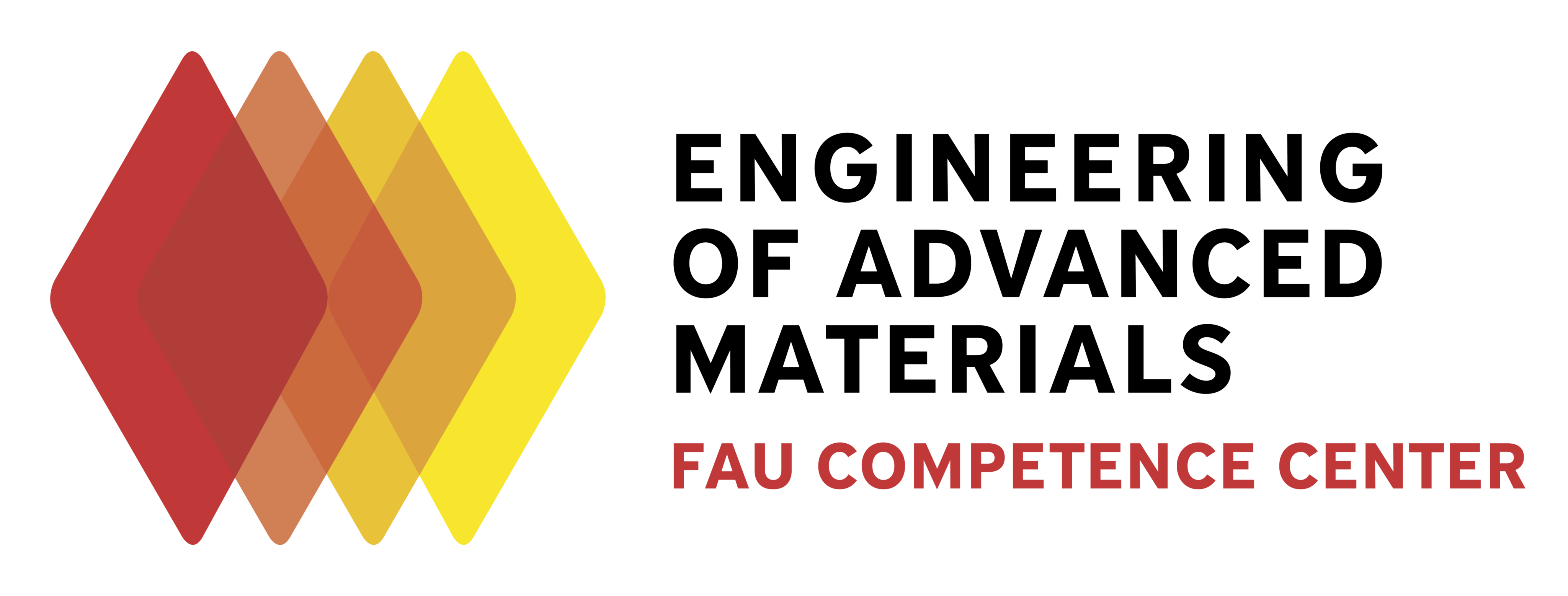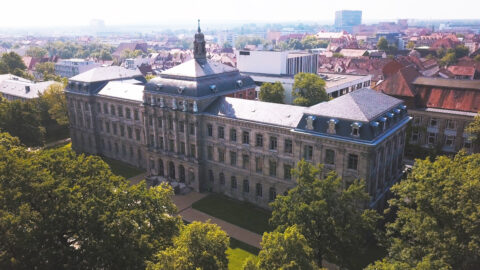One new and one extended collaborative research center at FAU
The German Research Foundation (DFG) has approved one new Collaborative Research Center at FAU and extended a transregio (CRC/TRR). The DFG is funding six transfer projects for a CRC set up in 2011.
CRC 1540 uses approaches based in mechanics in order to improve our understanding of the function of the central nervous system. During a second funding phase, the aim of CRC/TRR 374 is to develop new strategies for diagnosis and therapy for patients with chronic kidney disease. Six transfer projects have been defined in CRC 814, aimed at examining materials made of metal or plastics as well as laser and electron beam sources.
The mechanics of the brain
The CRC “Exploring Brain Mechanics” is researching the most complex system of organs that exists – the central nervous system. Despite the enormous advances that have been made in the understanding of the (mal)functions of the central nervous system, many of its fundamental processes and diseases are still not yet fully understood.
Researchers at the CRC specialize in fields such as engineering, physics, biology and medicine, and hope to gain valuable insights into this area by working together. They are investigating brain mechanics as the important and remaining piece of the puzzle in our understanding of the development, homeostasis and pathology of the central nervous system, thus creating a basis for improving the diagnosis and treatment of neurological disorders in the future.
Speaker of the CRC is Prof. Dr. Paul Steinmann from the Chair of Applied Mechanics. Funding has been granted for four years.
CRC extended: Therapy for chronic kidney disease
In Germany, more than 5 million people suffer from chronic kidney disease, although the majority of them are unaware that they are affected. Around 100,000 sufferers require renal replacement therapy in the form of dialysis or a transplant. During the first funding period, an interdisciplinary team of kidney researchers from Regensburg and Erlangen set itself the ambitious goal of exploring the pathophysiology and interactions between the various types of cell in the kidney of relevance to the disease. For the next funding period, the over-riding goal is to further expand our understanding of the (patho)physiology of the tubular system and the interstitium of the kidney while focusing on the development of new strategies for diagnosis and treatment.
Prof. Dr. Richard Warth, professorship of Medical Cell Biology at the University of Regensburg, is speaker for CRC/TRR 374 (formerly CRC 1350). Co-speaker is Prof. Dr. Kerstin Amann, director of the Department of Nephropathology at the Institute of Pathology at Universitätsklinikum Erlangen. CRC/TRR 374 has now received funding for a further four years in a second funding period.
Transfer projects for existing CRC “Additive Manufacturing”
CRC 814 “Additive Manufacturing” at FAU has been investigating how to manufacture highly individualized and geometrically complex components using powdered and beam based additive processes since 2011. Six transfer projects have been defined in conjunction with an industrial consortium of nine application partners, which are examining materials made of metal or plastics as well as laser and electron beam sources. The DFG is funding these projects from January 2023.
Research training group for research into planar carbon lattices
In addition to the collaborative research centers/transregios, a new research training group for supporting young researchers is being funded.
With Research Training Group 2861, TU Dresden and FAU have started a joint initiative in the rapidly developing field of planar carbon lattices (PCL). These materials are precisely ordered materials whose basal plane forms a 1D or 2D lattice made of carbon. Due to the structural variety of the lattices and the chemical variety of the molecular building blocks, it is possible to produce materials with virtually any properties. In order to make further progress in this interdisciplinary field of highly-sophisticated nanomaterials, the RTG aims to set up a research and qualification program that combines chemistry, solid state physics and materials science and engineering.
The research training group will receive funding over a period of 5 years.
More information
Prof. Dr.-Ing. habil. Paul Steinmann
Department of Mechanical Engineering
Institute of Applied Mechanics (LTM, Prof. Steinmann)
- Phone number: +49 9131 85-28501
- Email: paul.steinmann@fau.de
Prof. Dr.-Ing. Dietmar Drummer
Department of Mechanical Engineering
Institute of Polymer Technology (LKT, Prof. Drummer)
- Phone number: +49 9131 85-71001
- Email: dietmar.drummer@fau.de
Prof. Dr. Janina Maultzsch
Institute of Condensed Matter Physics
Chair of Experimental Physics
- Phone number: +49 9131 85-27073
- Email: janina.maultzsch@fau.de

